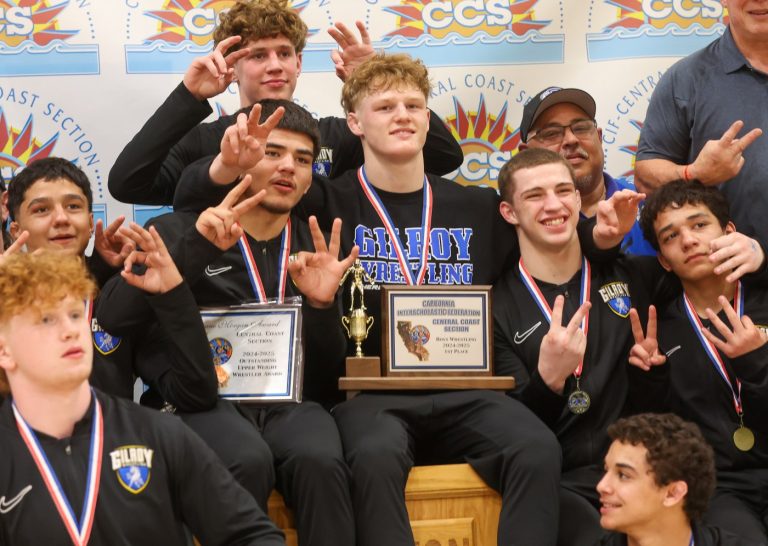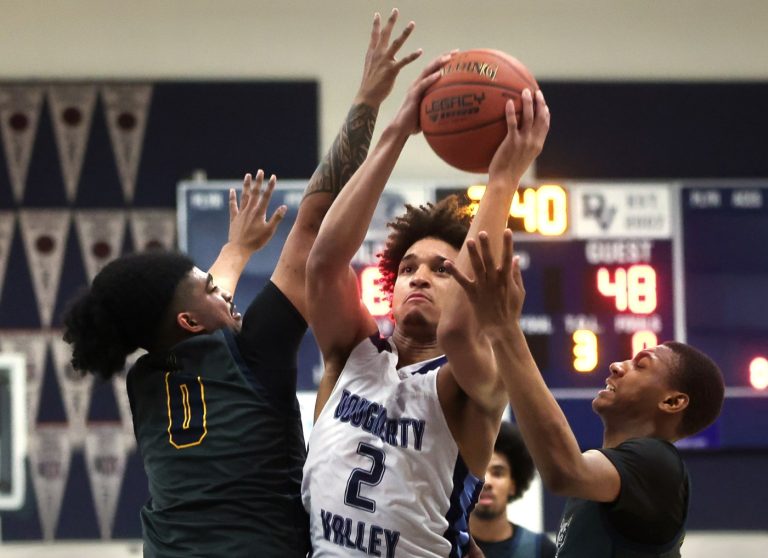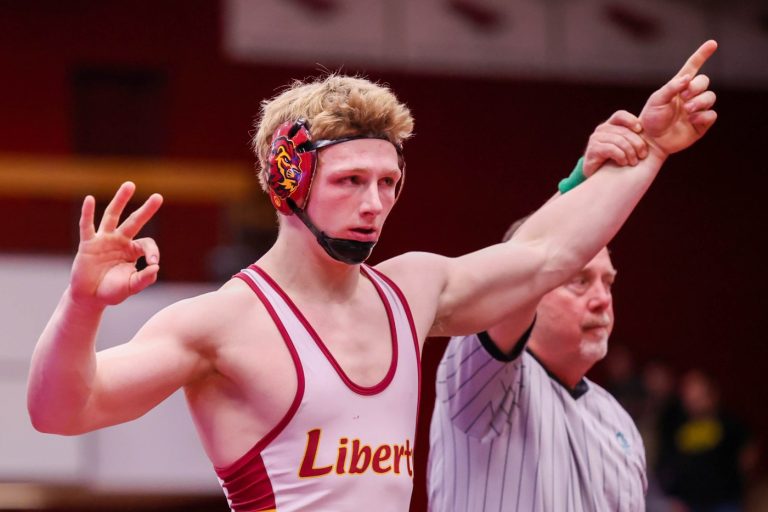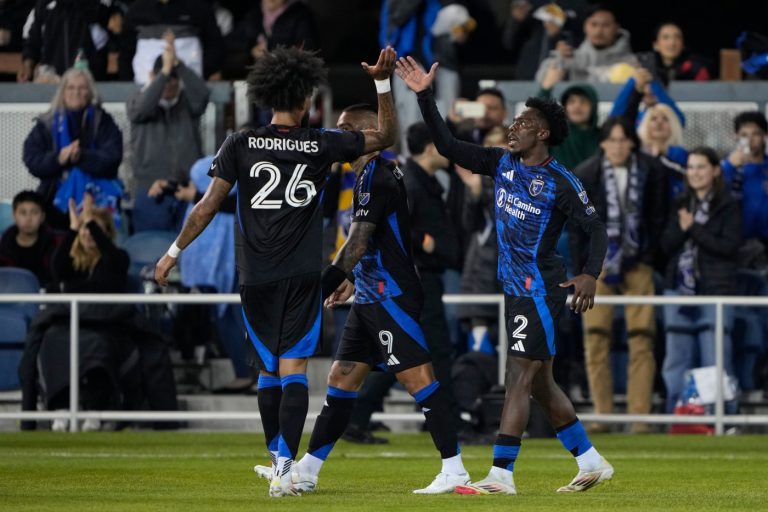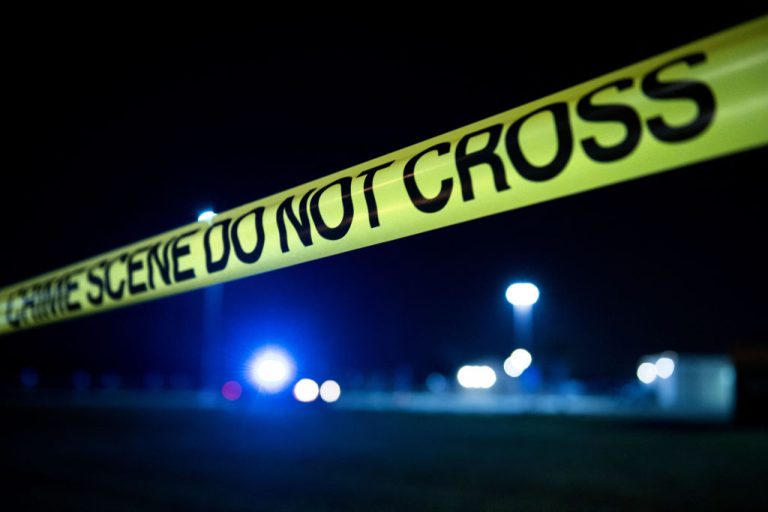By Bassem Mroue and Melanie Lidman | Associated Press
TEL AVIV, Israel — Dimming hopes for a cease-fire, Prime Minister Benjamin Netanyahu said Thursday that Israel plans to continue striking Hezbollah “with full force” and will not stop until all of its goals are achieved.
Netanyahu spoke as he landed in New York to attend the annual U.N. General Assembly meeting and as U.S. and European officials were pressing for a 21-day halt in fighting between Israel and Lebanon’s Hezbollah to give time for negotiations.
Only a short time before his statement, the Israeli military said it killed a Hezbollah drone commander in an airstrike on an apartment building in the suburbs of the Lebanese capital.
Netanyahu said Israel’s “policy is clear. We are continuing to strike Hezbollah with full force. And we will not stop until we reach all our goals, chief among them the return of the residents of the north securely to their homes.”
Israel has dramatically escalated strikes in Lebanon this week, saying it is targeting Hezbollah. Israeli leaders have said they are determined to stop more than 11 months of cross-border fire by the militant group into Israel, which has forced the evacuation of tens of thousands of Israelis from communities in the north.
The statement tempered hopes for the international initiative aimed at halting increasingly heavy exchanges of fire that have killed hundreds of people in Lebanon and threatened to trigger an all-out war between Israel and Hezbollah. Israel has talked of a possible ground invasion into Lebanon to push the militant group away from the border.
Soon after the statement was issued, Hezbollah TV station Al-Manar reported an Israeli airstrike in a suburb of Beirut. It and other stations showed a damaged apartment building in Dahiyeh, the mainly Shiite suburb where Hezbollah has a strong presence.
The Israeli military later said the strike killed Mohammed Hussein Surour. Hezbollah offered no immediate comment on the claim.
Two people were killed and 15 wounded in the strike, the Lebanese Health Ministry said.
Over the past week, Israel has carried out several strikes in Beirut targeting senior Hezbollah commanders. Earlier in the day, a strike in eastern Lebanon killed 20 people, most of them Syrian migrants, according to Lebanese health officials.
Israel has dramatically stepped up its bombardment in Lebanon, saying it is determined to stop Hezbollah’s near-daily rocket volleys over the past 11 months that have forced tens of thousands to evacuate homes in northern Israel. Strikes since Monday have killed more than 630 people in Lebanon, around a quarter of them women and children, according to local health authorities. Intensifying Hezbollah barrages have wounded several people in Israel.
Hezbollah has not yet responded to the proposal for a pause in fighting. Lebanon’s caretaker Prime Minister Najib Mikati welcomed it, but his government has no sway over the group.
Hezbollah has insisted it would halt its strikes only if there is a cease-fire in Gaza, where Israel has battled Hamas for nearly a year. That appears out of reach despite months of negotiations led by the United States, Egypt and Qatar.
In its statement, Netanyahu’s office said that “the fighting in Gaza will also continue until all the objectives of the war have been achieved.” Netanyahu is expected to meet with other world leaders on the sidelines of the U.N. General Assembly.
One of Netanyahu’s far-right governing partners threatened on Thursday to suspend cooperation with his government if it signs onto a temporary cease-fire with Hezbollah – and to quit completely if a permanent deal is reached. It was the latest sign of displeasure from Netanyahu’s allies toward international cease-fire efforts.
“If a temporary cease-fire becomes permanent, we will resign from the government,” said National Security Minister Itamar Ben-Gvir, head of the Jewish Power party.
If Ben-Gvir leaves the coalition, Netanyahu would lose his parliamentary majority and could see his government come toppling down, though opposition leaders have said they would offer support for a cease-fire deal.
Israel launched a massive operation in Gaza after a Hamas-led attack into southern Israel on Oct. 7 in which some 1,200 people, mostly civilians, were killed, and some 250 were taken hostage. The Israeli campaign has killed more than 41,000 Palestinians in Gaza, according to local officials.
Hezbollah began firing rockets into Israel one day after the Oct. 7 attack in support of its Hamas allies, and Hezbollah and Israel have traded fire ever since.
Israeli families of the hostages said they are pushing for a possible cease-fire deal for Lebanon to include provisions for the war in Gaza, especially securing release of the roughly 70 hostages still presumed to be alive and the bodies of some 30 others.
Gil Dickmann, whose cousin Carmel Gat was kidnapped and was one of six Israelis whose bodies were recovered from tunnels in Gaza in August, said the hostages’ families are feeling forgotten as attention shifts to the northern front. He called on Netanyahu to reach a truce with both Hezbollah and Hamas with provisions for the release of hostages.
“We know that these things are connected to each other, the northern part and the southern part,” Dickmann said Tuesday. “We’re very worried that if we don’t make the right decisions now, we will miss this amazing opportunity to get the hostages out.”
Before this week, the cross-border barrages between Hezbollah and the Israeli military had killed about 600 people in Lebanon, mostly militants but including more than 100 civilians, and about four dozen people in Israel, roughly half of them soldiers and the rest civilians. The fighting also forced tens of thousands to flee homes on both sides of the border.
Israeli leaders have said they are determined to force Hezbollah back from the border to allow its citizens to return to their homes. It has moved thousands of troops to the order in preparation for a possible ground operation.
It says its escalated strikes across Lebanon the past week are targeting Hezbollah rocket launchers and other military infrastructure. Hezbollah in turn has fired hundreds of rockets into Israel, saying they are targeting Israeli military positions. On Wednesday, they fired on Tel Aviv for the first time with a longer-range missile that was intercepted.
Related Articles
Lebanese pour across border into Syria, fleeing Israeli bombs
What is Hezbollah, the group battling Israel in Lebanon?
Biden in farewell U.N. address says peace still possible in conflicts in Mideast, Ukraine
University of California accused of labor violations over handling of campus protests
Hezbollah hits back with rockets as it declares an ‘open-ended battle’ with Israel
Early Thursday, an Israeli airstrike hit a building housing Syrian workers and their families near the ancient city of Baalbek in Lebanon’s eastern Bekaa Valley. The Lebanese Health Ministry said 19 Syrians and a Lebanese were killed, one of the deadliest single strikes in Israel’s intensified air campaign. The state news agency had initially reported that 23 people were dead.
Hussein Salloum, a local official in Younine, said most of the dead were women and children.
“We dug through the rubble with our own hands” until a small bulldozer was brought in, Salloum told The Associated Press by telephone. “We had very limited capabilities.”
Lebanon, with a population of around 6 million, hosts nearly 780,000 registered Syrian refugees and hundreds of thousands who are unregistered — the world’s highest refugee population per capita.
Israel struck 75 sites overnight across southern and eastern Lebanon, the military said. At least 45 projectiles were fired from Lebanon early Thursday, all of which were intercepted or fell in open areas, it said.
Mroue reported from Beirut.






